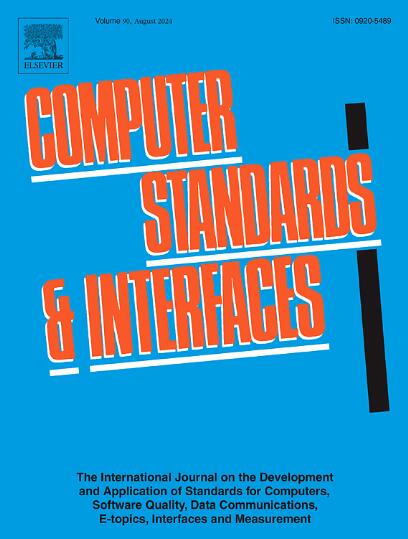The use of large language models for program repair
IF 4.1
2区 计算机科学
Q1 COMPUTER SCIENCE, HARDWARE & ARCHITECTURE
引用次数: 0
Abstract
Large Language Models (LLMs) have emerged as a promising approach for automated program repair, offering code comprehension and generation capabilities that can address software bugs. Several program repair models based on LLMs have been developed recently. However, findings and insights from these efforts are scattered across various studies, lacking a systematic overview of LLMs' utilization in program repair. Therefore, this Systematic Literature Review (SLR) was conducted to investigate the current landscape of LLM utilization in program repair. This study defined seven research questions and thoroughly selected 41 relevant studies from scientific databases to explore these questions. The results showed the diverse capabilities of LLMs for program repair. The findings revealed that Encoder-Decoder architectures emerged as the most common LLM design for program repair tasks and that mostly open-access datasets were used. Several evaluation metrics were applied, primarily consisting of accuracy, exact match, and BLEU scores. Additionally, the review investigated several LLM fine-tuning methods, including fine-tuning on specialized datasets, curriculum learning, iterative approaches, and knowledge-intensified techniques. These findings pave the way for further research on utilizing the full potential of LLMs to revolutionize automated program repair.
使用大型语言模型进行程序修复
大型语言模型(llm)已经成为一种很有前途的自动程序修复方法,它提供了代码理解和生成功能,可以解决软件错误。近年来发展了几种基于llm的程序修复模型。然而,这些努力的发现和见解分散在各种研究中,缺乏对法学硕士在程序修复中的应用的系统概述。因此,本系统文献综述(SLR)旨在调查LLM在程序修复中的应用现状。本研究定义了7个研究问题,并从科学数据库中全面选择了41项相关研究来探讨这些问题。结果表明llm在程序修复方面具有不同的能力。研究结果表明,编码器-解码器架构成为程序修复任务中最常见的LLM设计,并且大多数使用开放访问数据集。应用了几个评估指标,主要包括准确性、精确匹配和BLEU分数。此外,该综述还研究了几种LLM微调方法,包括专门数据集的微调、课程学习、迭代方法和知识强化技术。这些发现为进一步研究利用llm的全部潜力来彻底改变自动化程序修复铺平了道路。
本文章由计算机程序翻译,如有差异,请以英文原文为准。
求助全文
约1分钟内获得全文
求助全文
来源期刊

Computer Standards & Interfaces
工程技术-计算机:软件工程
CiteScore
11.90
自引率
16.00%
发文量
67
审稿时长
6 months
期刊介绍:
The quality of software, well-defined interfaces (hardware and software), the process of digitalisation, and accepted standards in these fields are essential for building and exploiting complex computing, communication, multimedia and measuring systems. Standards can simplify the design and construction of individual hardware and software components and help to ensure satisfactory interworking.
Computer Standards & Interfaces is an international journal dealing specifically with these topics.
The journal
• Provides information about activities and progress on the definition of computer standards, software quality, interfaces and methods, at national, European and international levels
• Publishes critical comments on standards and standards activities
• Disseminates user''s experiences and case studies in the application and exploitation of established or emerging standards, interfaces and methods
• Offers a forum for discussion on actual projects, standards, interfaces and methods by recognised experts
• Stimulates relevant research by providing a specialised refereed medium.
 求助内容:
求助内容: 应助结果提醒方式:
应助结果提醒方式:


